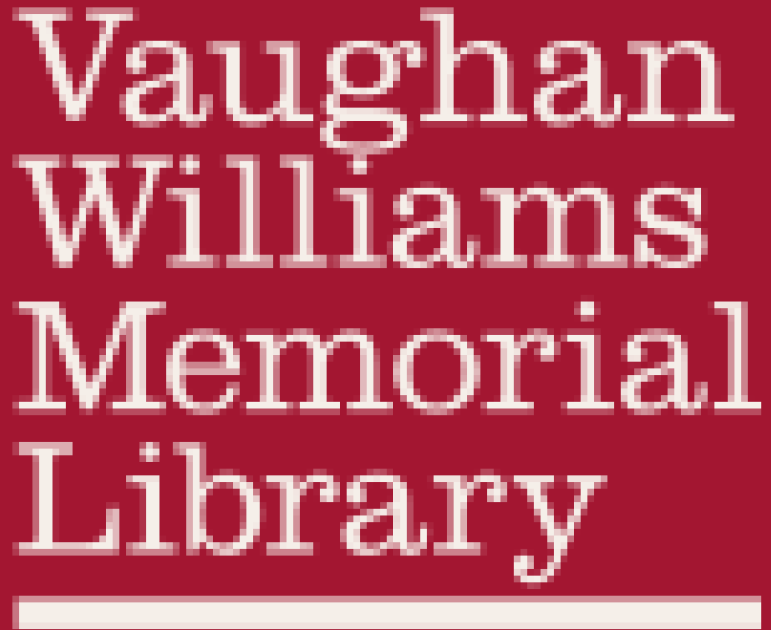National Showcase Conference
Over 500 school children and their teachers, 85 delegates and 40 artists and trainees who have been working on The Full Englishlearning programme descended on the Town Hall, Birmingham, on 25 June 2014 for an incredible day of discussion, presentations and showcase performances at the From Archives to Action!event organised by EFDSS as a culmination of the groundbreaking The Full Englishprogramme, funded by the Heritage Lottery Fund and National Folk Music Fund with additional support from The Folklore Society and English Miscellany.
Conference
Award-winning poet, playwright and shortstory writer John Agard opened the proceedings with a rousing keynote speech engaging delegates in calls and responses, sharing some of his own poems, and touching on wide-ranging topics including Bob Dylan, Robert Burns, Eddi Reader, calypso, myths, fairy tales, proverbs, Einstein, Walt Disney and Cinderella’s ugly sisters. He asked if the educational system is missing a trick by not exploiting the folk arts, which have survived and can provide an opportunity to offer young people a link into their oral heritage.
Eliza Carthy (newly appointed MBE) then took to the stage and talked about her family background and lifelong immersion in English folk music. She explained how The Full Englishdigital archive has made it easier for her to source archive materials – making collections that had previously been geographically disparate, easily cross-searchable and accessible freely online (anywhere, any time!). She also talked about the continuity and community aspect of folk arts, and considered the skills that learning, participating and performing folk arts can help to develop – including organisation, maths, self-expression and more.
Teachers and artists involved in delivering The Full Englishlearning programme then took part in a panel discussion facilitated by Dr Alison Daubney (Teaching Fellow, University of Sussex, freelance music education consultant and external evaluator for The Full English learning programme) sharing their experiences of using folk material with pupils to meet school and curriculum targets. Their work had included contrasting dance, music and song projects in primary and secondary schools.
The final part of the morning conference featured two of The Full English cultural partners, David Agnew from The Met, Bury, and Pat Dawson from mac birmingham, who presented the impact of the community and family work at their venues, organised in partnership with EFDSS, over the two years of the learning programme. To know more about the other work done across the country, visit The Full Englishblog: http://efdss-thefullenglish.blogspot.co.uk
"The wonderful thing about folk music is that it comes from somewhere, and it gives people who come from that place a sense of belonging. This project is a lovely reminder of that, and it has been a privilege to see a light come in the eyes of these students as you help them discover the riches that lie hidden in the “lost world” of folk music around them."
John Kirkpatrick, folk singer, musician, dancer and performer and The Full English learning programme artist
Showcase
The afternoon was handed over to children from 18 schools, from Durham to Devon, who have been working creatively with material from The Full English digital archive. These performances were the culmination of intensive projects involving over 40 folk artists and trainees who have been introducing the regional folk material to schools, and helping them explore and develop a broad range of folk dances, songs, music and traditions. Renowned storyteller Debs Newbold was the MC for the occasion and artfully introduced the 18 performances throughout the afternoon.
A range of dance traditions were displayed including clogging from the north east primary schools, north west morris with children from Bury, molly dance from Cambridgeshire and Cotswold morris performed by students from Milton Keynes. Social dances featured too, as did rapper dancing with impressive sword locks from primary students. A stunning collaboration between a range of East Anglian dance traditions and contemporary dance was presented by sixth form students from Impington Village College, Cambridgeshire, exploring the themes raised by the ballad ‘Lucy/Lizie Wan’. The music for all the dancing was performed by a mixture of students and artists – often using tunes taken directly from The Full English digital archive.
Folk music also featured in a variety of different performances, ranging from a brand new orchestral commission based on archival material from folk composer Ian Stephenson for Durham Johnston Comprehensive School Senior Orchestra to ‘Twinkle Twinkle’ played by the youngest performers of the day (7 years old) on mini-melodeons.
A variety of folk songs from the archives also featured including ‘Santianna’, ‘Turpin Hero’, ‘The Cruel Ship’s Carpenter’ and ‘Wild and Wicked Youth’. There were also new songs created by students who had been inspired by archive material and stories including a suite of songs from Branston Academy, Lincolnshire, telling the story of a local woman condemned to transportation for theft.
A specially-commissioned film presented the project facilitated by Wren Music at Pathfield School in Barnstaple, a special needs school whose students have a range of profound and multiple learning difficulties. They developed a version of ‘Barnstaple Fair’ that enabled students with severe communication needs to take part in communal singing with the rest of the school, and also developed a dance that brought together children of different ages across the school, and which was suitable for children with a range of mobility issues.
During the afternoon, all artists and trainees involved with The Full English learning programme performed several selections of traditional tunes, under the direction of John Kirkpatrick, while morris dancer Ben Moss performed a morris jig, accompanied by Hazel Askew.
All the performances were stunning, with delegates and schools commenting on the consistent high quality and dramatic intensity of all the work presented. The responses from the children to each other’s work were very supportive and positive, and the whole event had an amazing excitement and energy about it.
"It was an absolutely wonderful day, and I will remember it for a long time. It must surely have left no one in any doubt about the relevance of folk and traditional music, song and dance to young people’s lives and education today, and the inspiration it can provide for thoughtful, informed, moving, skilled and immensely enjoyable artistic expression."
Sandra Kerr, folk singer, musician and performer, and Lecturer in Folk and Traditional Music, Newcastle University


